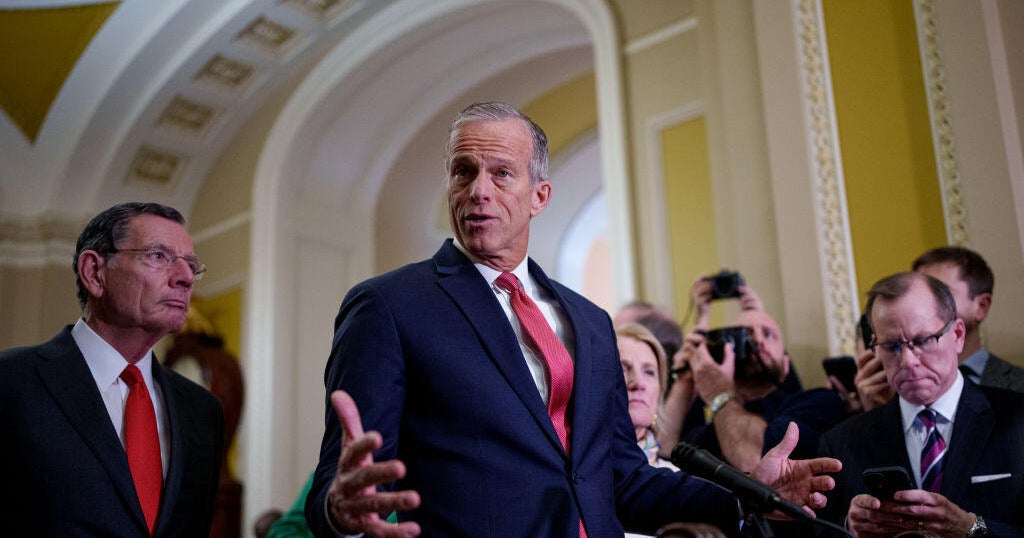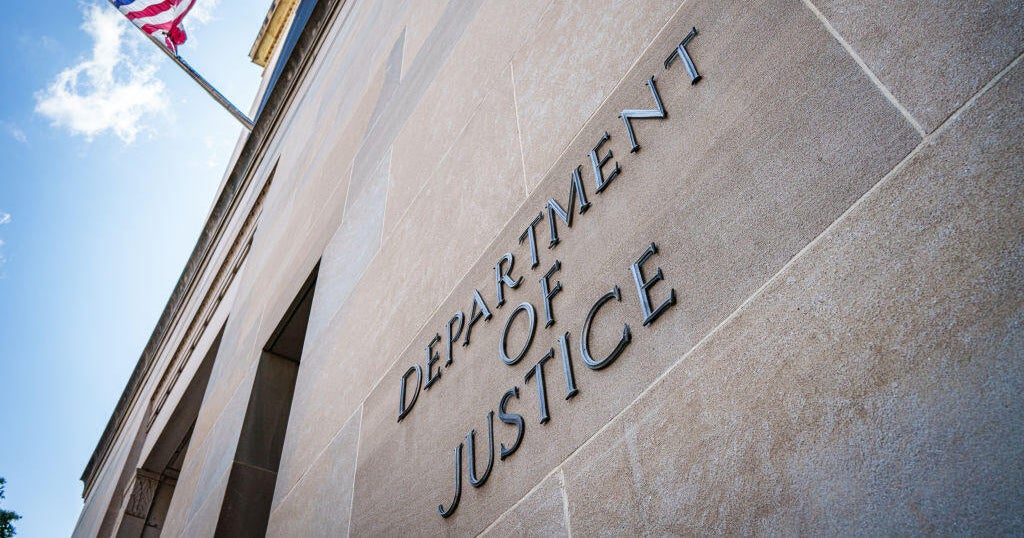U.S. defense chief pushes South Korea for "substantial increase" in troop funding
Seoul — U.S. Defense Secretary Mark Esper began an eight-day trip to Asia on Friday in South Korea, where he called on the close American ally to contribute more money to maintain the roughly 28,500-strong U.S. troop presence in the country. President Trump has pushed U.S. allies to cough up more money for shared security burdens in both Europe and Asia.
Former U.S. Secretary of Defense James Mattis wrote in his recent memoir that Mr. Trump had called South Korea a "major abuser" of the bilateral relationship, a message the president began conveying even before he was elected.
Negotiations over the next "Special Measures Agreement," which lays out terms for the funding of the American military presence on the Korean peninsula, were to be a focus of Esper's visit to Seoul. The current SMA expires at the end of this year.
During a joint news conference with his South Korean counterpart on Friday, Esper lauded the United States' "very strong alliance" with Seoul, but added: "Korea is a wealthy country and should and could pay more to help offset the cost of defense."
"It is important to note that most of the money (that South Korea contributes) stays here in the country, easy over the 90% of the funding stays here in Korea, it does not go to the United States," he said in an apparent bid to persuade not just Korean officials, but al so tax payers that their money wasn't being used to fund things unrelated to South Korean security.
Neither government has openly discussed proposed figures. Last year South Korea contributed just over $1 billion to help maintain the U.S. force in the country. This year it was just less than a billion.
On his flight to South Korea, Esper did say the U.S. was seeking a "substantial increase" in Seoul's contribution, but he wouldn't be any more specific. South Korean officials have said only that the "defense cost share should be decided at a level that is fair and mutually agreeable."
South Korean media, citing unnamed officials in the country, have said the Trump administration is seeking a whopping five-fold increase, to $4.7 billion dollars per year. While neither U.S. nor South Korean officials have confirmed it, the headlines alone have been enough to whip up anger in South Korea. Last month university students broke into the U.S. ambassador's residence to protest Washington's demand for more cash.
Esper's remarks on Monday weren't well received, either. South Korean news outlets said 47 lawmakers signed a joint statement asking the U.S. to clearly explain the basis for a requested increase in troop funding.
"Rumored reports that the U.S. troops could be withdrawn from Korea unless the current defense cost share of 1.38 trillion won is increased by five times, is a serious threat," the lawmakers wrote. "If the U.S. drops it's alliance's value to the level of a mercenary and threatens to withdraw its troops from South Korea unless we pay $5 billion, we won't be threatened with this and (we will) stand tall in defiance and endure Trump's threat."





